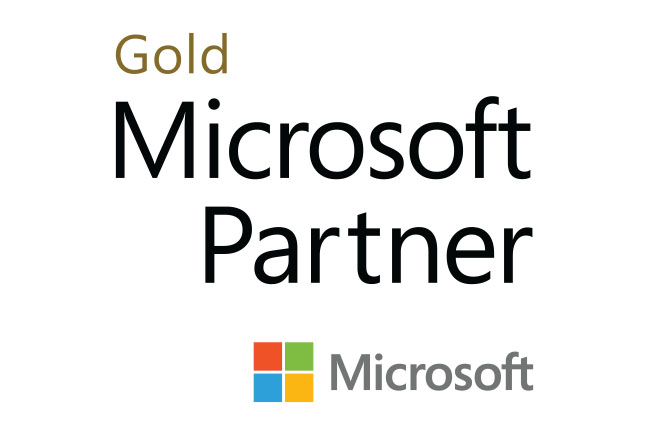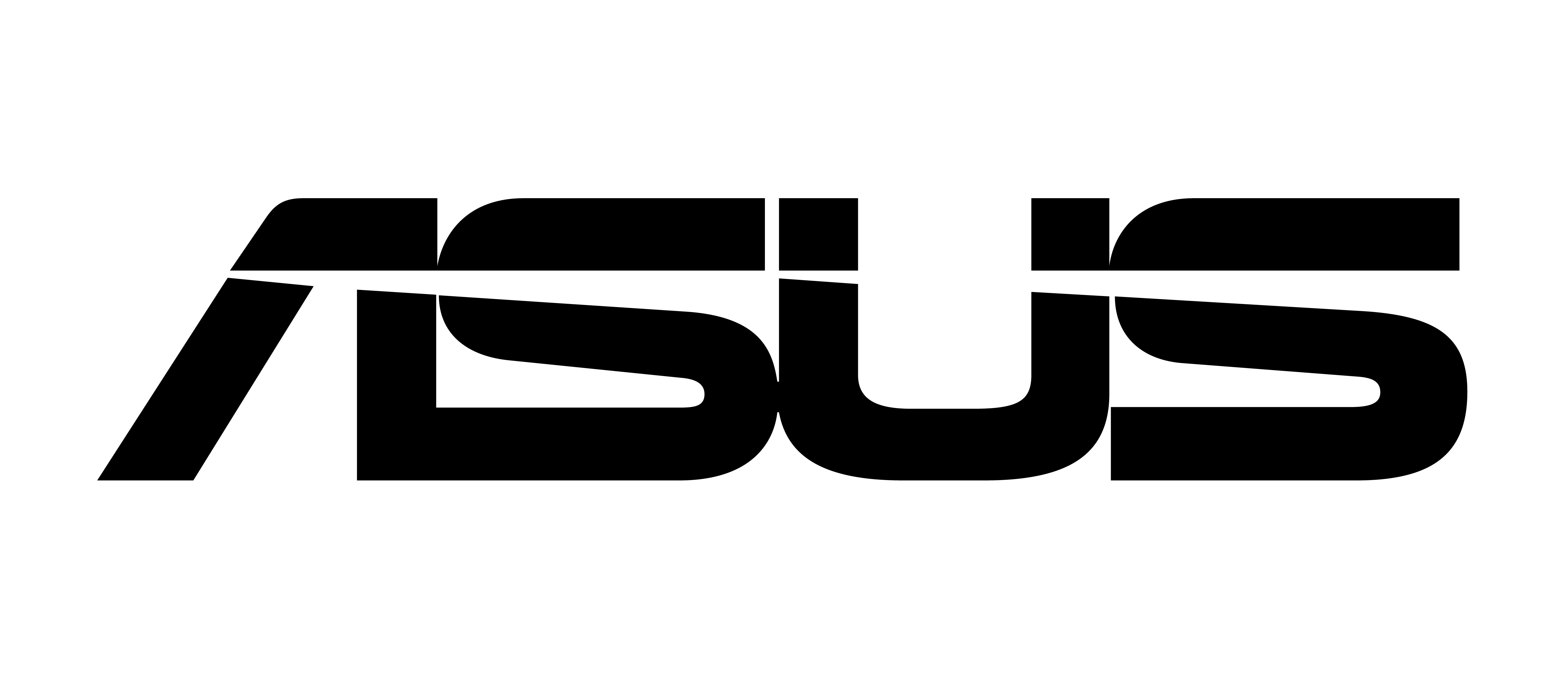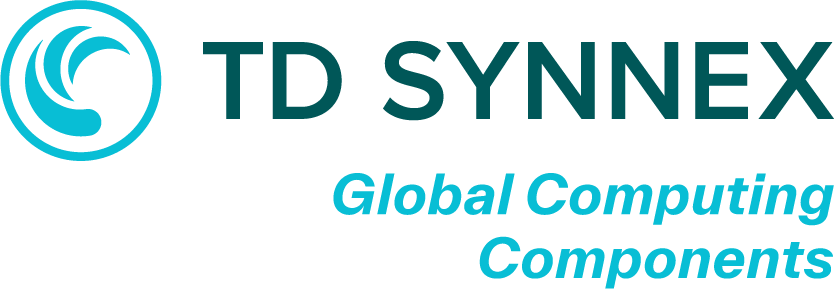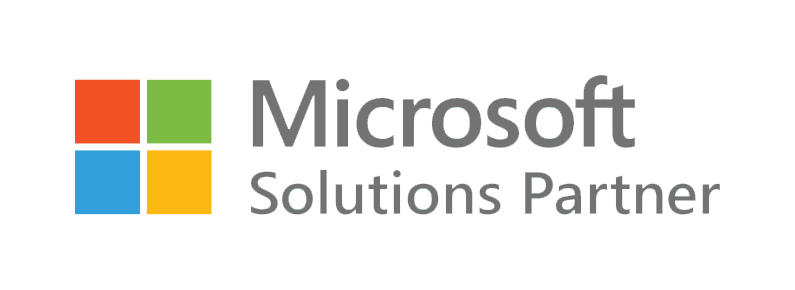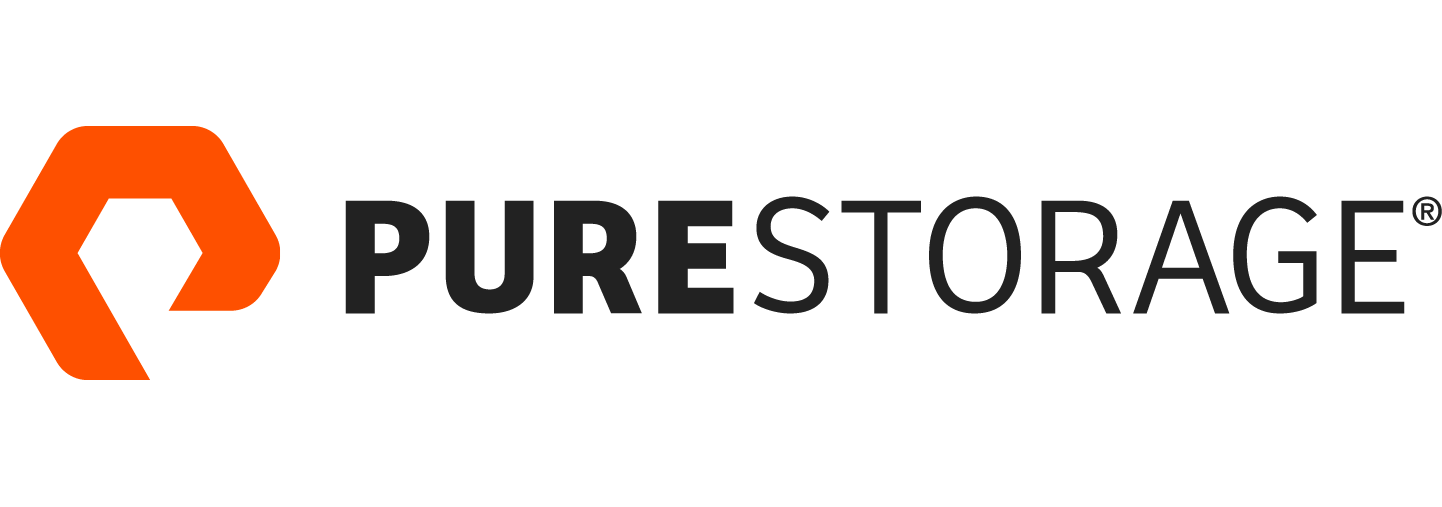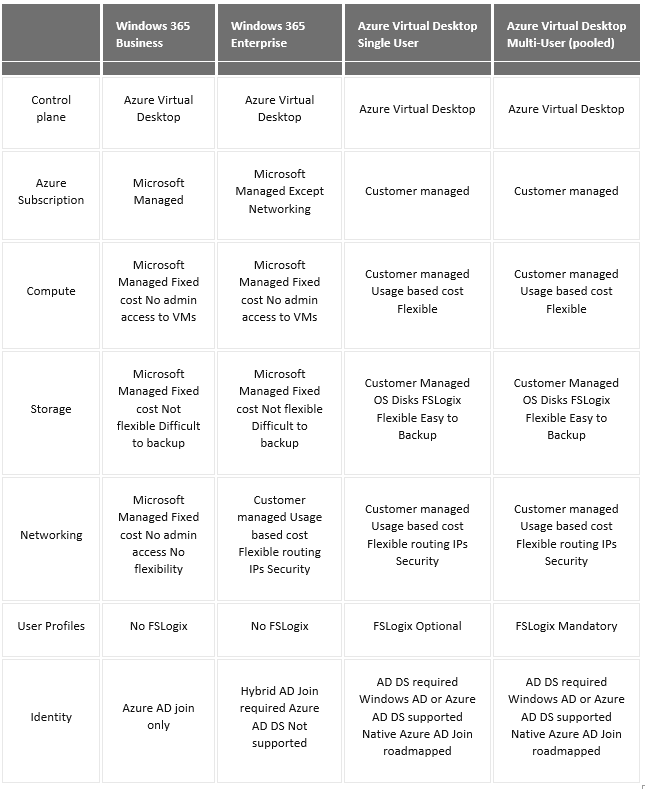The Similarities
Comparing Azure Virtual Desktop vs Windows 365 there lots of similarities, and that’s because they are both powered by Azure Virtual Desktop. Here’s what Azure Virtual Desktop and Windows 365 share:
- Hosted in Azure and powered by Azure Virtual Desktop technology
- End user client experience, supported on:
- Windows, MacOS and Linux PC’s
- Android and iOS
- Web Browser
- Windows OS licencing (either of the following options):
- A per user subscription that includes Windows 10 Enterprise + Primary user’s primary work device must be licensed for Windows 7/8/8.1/10 Pro, Enterprise, or Education
- Windows VDA per user subscription
